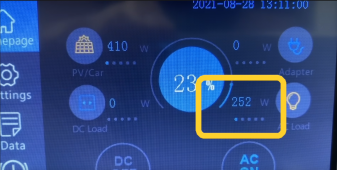TxCoolGuy94
New Member
- Joined
- Oct 18, 2022
- Messages
- 14
I'm in Texas trying to get a small ac running on my shed (trying to keep it at 75 even on a hot summer to preserve electronics). So I'm assuming that means I need a 5000 btu unit (I have a 100 sq ft shed). Also insulation, r-35 (possibly 38), sealing up the cracks, and a dehumidifier I think would help with the heat?
My question is, I've been on a scavenger hunt collecting things for this build as I find them cheap, and I'm wondering what exactly I need, and is there anything below I can keep, or should I sell? I did not intentionally grab these items, I just found them from different places.
My question is, I've been on a scavenger hunt collecting things for this build as I find them cheap, and I'm wondering what exactly I need, and is there anything below I can keep, or should I sell? I did not intentionally grab these items, I just found them from different places.
- https://www.amazon.com/OOYCYOO-Controller-Renewable-Display-Lead-Acid/dp/B07T53NZQX
- https://www.renogy.com/monitoring-screen-for-dc-dc-mppt-battery-charger-series/
- https://www.eco-worthy.com/products/12v-20ah-portable-lifepo4-deep-cycle-rechargeable-battery
- https://us.amazon.com/FLAMEZUM-Inverter-2000Watt-4000Watt-Emergency/dp/B088LM9DWL
- https://www.amperetime.com/collecti...arge-output-current-with-multi-stage-charging
- 80watt solar panel



